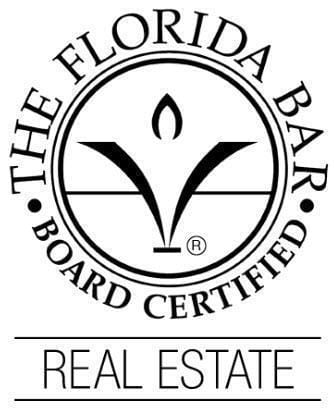As a landlord, developing a solid lease agreement is one of the most crucial aspects of your job. That is why you must include certain rental clauses in the agreement, both to protect yourself and your property.
It is crucial to carefully create clauses to ensure they meet the relevant legal criteria. The following are a few common clauses found in lease agreements that can save you lots of headaches.
Property Access
As the landlord, you must naturally be able to enter the premises when necessary. A property access clause can detail the proper method of access (such as contacting the tenant prior to stopping by), as well as times when it is necessary to enter immediately. For example, knowledge of a burst pipe is a valid reason to enter the property suddenly and without prior notice.
Severability
In the event a clause in the lease is not valid according to the law, severability keeps the rest of the lease intact. This is crucial to preventing the court from throwing out the lease if there is an issue with a single clause.
Maintenance
While you are responsible for substantial maintenance, tenants must also play a part. For example, you can include language that stipulates that a tenant must inform you about any issue that might occur, such as roof leaks. Tenants must also keep the home in reasonable shape via cleaning and maintenance. Getting detailed in this section can avoid confusion and conflict.
Disturbances
Disturbance clauses establish ground rules for noise within the home or apartment. For instance, some landlords specify certain “quiet hours”, during which the tenant must refrain from making loud noises in their home. Providing specific details on disturbances can help tenants remain respectful, while also providing you with recourse should a disturbance occur.




